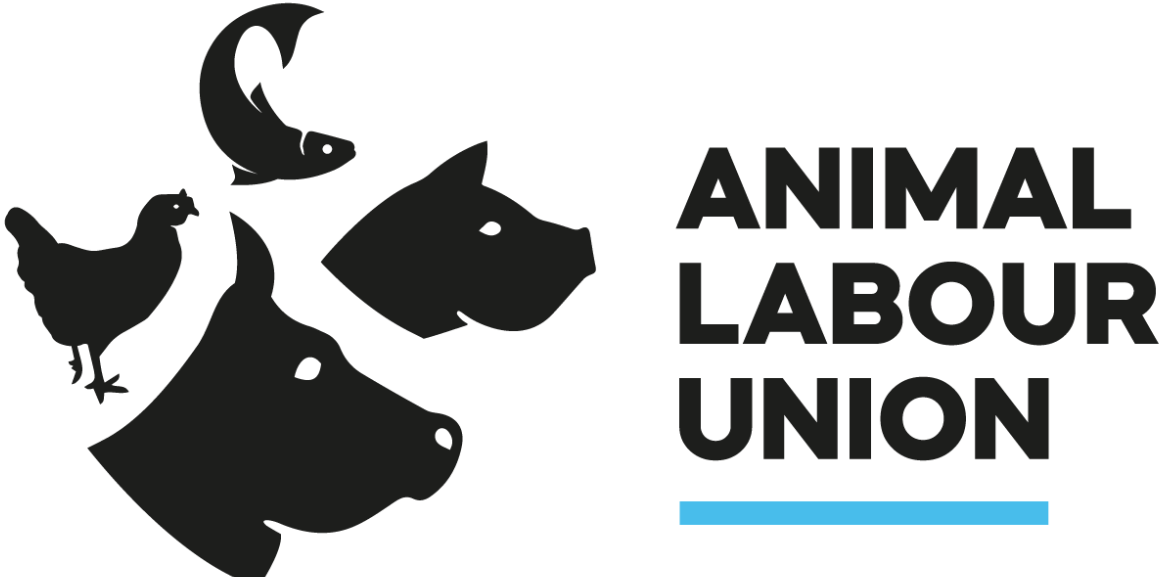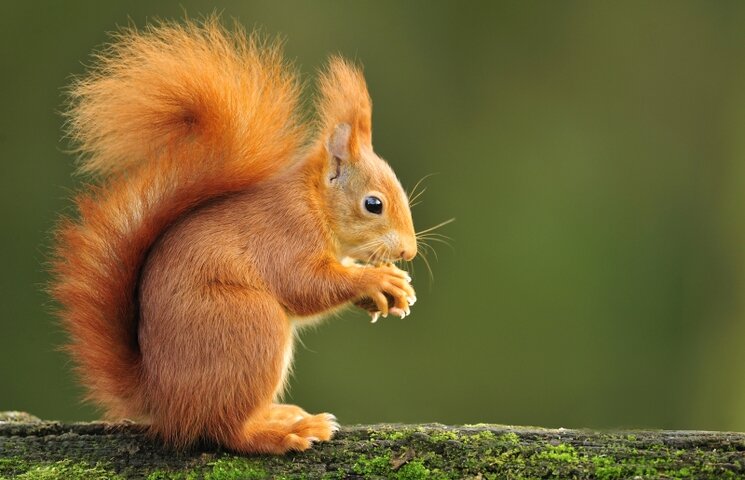“I’ve Never Known Trump and His Allies to Show Any Compassion for Animals”.
Today, I spoke on the radio about the story of Peanut.
This tale of Peanut, a squirrel, exposes a painful and ironic reality. What began as a simple act of kindness—New Yorker Mark Longo rescuing an orphaned squirrel—grew over seven years into a social media sensation with 800,000 followers on TikTok and Instagram, only to end up as ammunition in the political battlefield.
Last week, authorities seized Peanut and euthanised him, sparking a media storm. The claim was that Peanut might have rabies and posed a public health risk. The story hit national headlines, and Republicans seized the opportunity. Vice-presidential candidate JD Vance even dubbed Peanut “the Elon Musk of squirrels,” using his death to criticise the government. According to Vance, Peanut’s fate symbolised the “misplaced priorities” of the Democrats: “They let violent criminals go free and put down a squirrel.”
But appearances can be deceiving. This story touches on deeper questions about animal welfare and government accountability, revealing how compassion or outrage can be conveniently weaponised when politically advantageous. While Republicans decry Peanut’s fate, they typically oppose legislation that would genuinely protect animals. The US has few laws regulating animal welfare, most of which date back to the 1960s and ’70s. Farmed animals like cows, chickens, and pigs remain largely unprotected. Every day, 25 million chickens, 100,000 cows, and half a million pigs are slaughtered—realities that Republicans rarely, if ever, acknowledge.
If Peanut’s death can achieve anything, let it be a moment of reflection. His story isn’t just about government regulations but also about the broader idea that all animals deserve greater protection. It’s illegal to keep a squirrel as a pet, yet the bond between Peanut and Mark highlights the value of relationships with animals—of all kinds.



